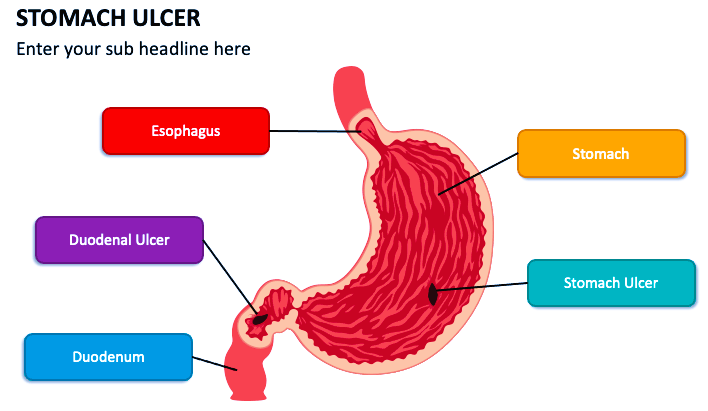Ulcers: Causes, Symptoms, Treatment, and Precautions
Learn about ulcers: their causes, symptoms, treatment, and precautions. Discover essential information to effectively manage and prevent this condition in our comprehensive guide.


Ulcers are a common medical condition that affects the digestive system. They are painful sores that develop on the lining of the stomach, small intestine, or esophagus. In this article, we will explore the causes, symptoms, treatment options, and precautions for ulcers.
Causes of Ulcers
Ulcers are primarily caused by a bacterial infection called Helicobacter pylori (H. pylori). This bacterium weakens the protective lining of the stomach and allows stomach acid to damage the underlying tissues. Other factors that contribute to the development of ulcers include long-term use of nonsteroidal anti-inflammatory drugs (NSAIDs), such as aspirin or ibuprofen, excessive alcohol consumption, smoking, and high levels of stress.
Symptoms of Ulcers
The most common symptom of an ulcer is a burning pain in the stomach or upper abdomen. This pain can range from mild to severe and may come and go. Other symptoms include bloating, heartburn, nausea, vomiting, loss of appetite, weight loss, and dark stools.
Treatment for Ulcers
The treatment for ulcers typically involves a combination of medication and lifestyle changes. Doctors often prescribe proton pump inhibitors (PPIs) to reduce the production of stomach acid and antibiotics to eradicate the H. pylori infection. In some cases, antacids or H2 blockers may also be recommended to provide relief from symptoms. It is important to complete the full course of antibiotics as prescribed by the doctor to ensure the infection is fully treated.
In addition to medication, certain lifestyle changes can help manage and prevent ulcers. These include avoiding spicy and acidic foods, quitting smoking, limiting alcohol consumption, reducing stress levels, and maintaining a healthy diet and weight.
Precautions for Ulcers
Preventing ulcers involves taking certain precautions to reduce the risk of developing them. Here are some key precautions to consider:
Avoid or limit the use of NSAIDs, especially if you have a history of ulcers.
If you need to take NSAIDs, consult your doctor about using a lower dose or switching to a different type of medication.
Practice good hygiene and wash your hands regularly to reduce the risk of H. pylori infection.
Avoid excessive alcohol consumption and quit smoking.
Manage stress through relaxation techniques, such as meditation or yoga.
Eat a healthy, balanced diet that includes plenty of fruits, vegetables, whole grains, and lean proteins.
By following these precautions and seeking appropriate medical treatment, you can reduce the risk of developing ulcers and manage the symptoms effectively.
Remember, if you experience persistent abdominal pain or suspect you may have an ulcer, it is important to consult a healthcare professional for an accurate diagnosis and appropriate treatment.
